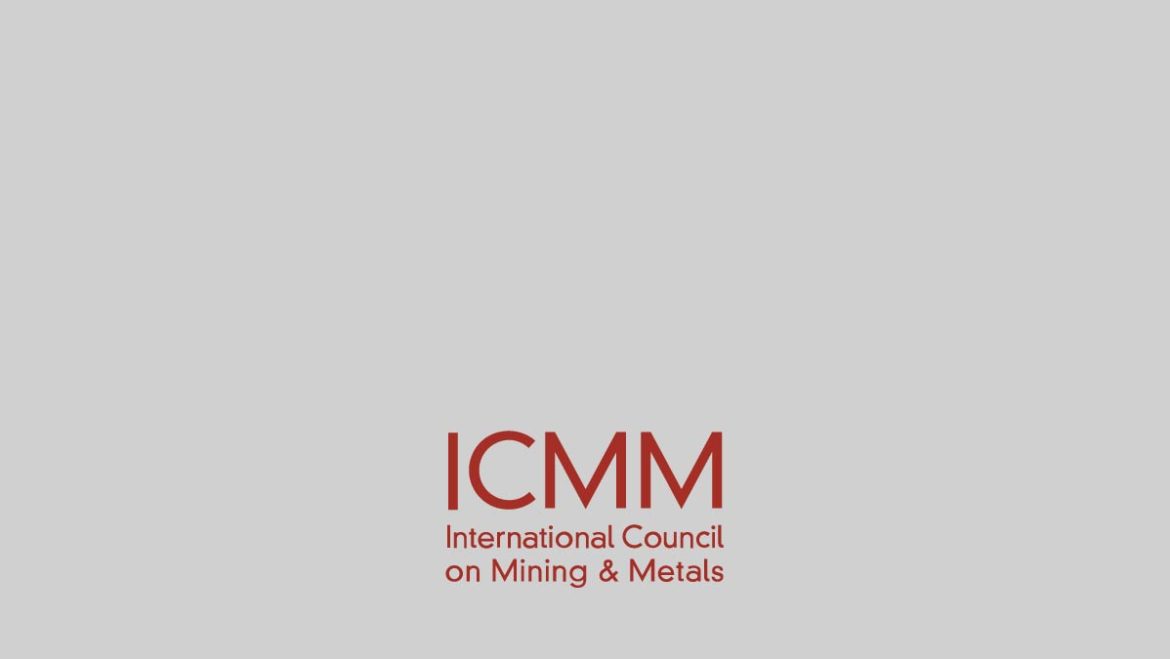PT Freeport Indonesia (PTFI) operations are found in an area where the Indigenous Peoples of Papua hold customary land rights. Specifically, the Amungme in the Papuan highlands and the Kamoro in the coastal lowlands are considered traditional landowners of the area, along with the Dani, Damal, Moni, Mee and Nduga who co-inhabit in the PTFI Project Area. However, all of the land being used by the company has been legally and formally released for use by the company through a contract of work (COW) with the Government of Indonesia (GOI).
PTFI’s “January Agreement” of 1974 with the Amungme was the first recognition in Indonesia of hak ulayat, or the right of traditional people to land used for hunting and gathering. Subsequent to that agreement, the GOI formally recognized the right to compensation for hak ulayat land rights. Compensation in the form of recognition (rekognisi) is paid to communities for a release of hak ulayat rights, as hak ulayat is a communal property right. Such payments are made in the form of mutually agreed projects or programs benefiting the community. PTFI has paid recognition in several instances over the years through programs mutually agreed by consultation and guided by the laws of the GOI.
Two multi-year recognition programs are currently ongoing in the highland and lowland areas of PTFI’s operations. These two programs have provided millions of dollars of infrastructure, social and economic development projects, including housing, school buildings and student dormitories, medical clinics, places of worship, community buildings, roads, bridges, water tanks, electrical power, motorboats, sports facilities and feasibility studies for business opportunities. Both programs were the result of consultation with impacted communities and formalized in memorandums of understanding (MOUs).
In addition, land rights trust funds for the Amungme and Kamoro tribes were created in 2001 to provide voluntary special recognition for the holders of hak ulayat. These agreements were also formalized via an MOU, which stemmed from the creation of the Forum MOU 2000, which is a stakeholder body focusing on socioeconomic resources, human rights, land rights and environmental issues. The forum consists of representatives from the Amungme and Kamoro tribal councils and PTFI, and it engages with community leaders, including Yahamak, a non-profit human rights advocacy group for Papuan women and children, and the local government.
In 1996, PTFI established the Freeport Partnership Fund for Community Development (Partnership Fund) where it has committed to providing 1 per cent of its annual revenue to support the development of indigenous Papuan communities. These funds are intended to provide continued support to community development programs, even after mine closure. The Partnership Fund is managed by the Amungme and Kamoro Community Development Organization (LPMAK), which oversees the disbursement of funds in four main program areas: health, education, economic development, and culture and religion. LPMAK is governed by a board of directors and a board of commissioners, which are made up of representatives from the local Amungme and Kamoro tribal communities, government leaders and church leaders, and one PTFI representative on each board.

